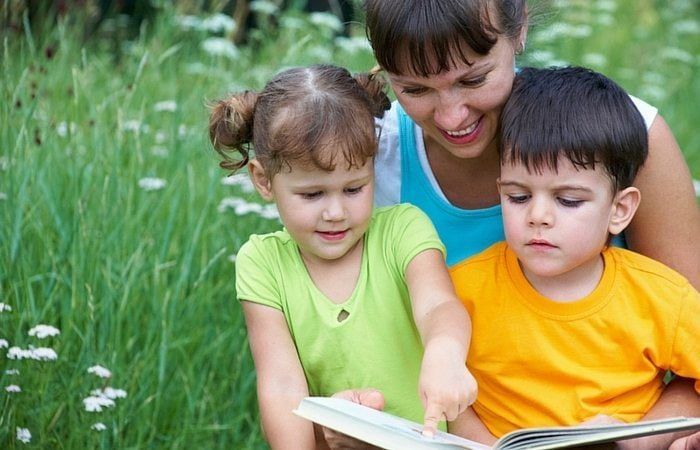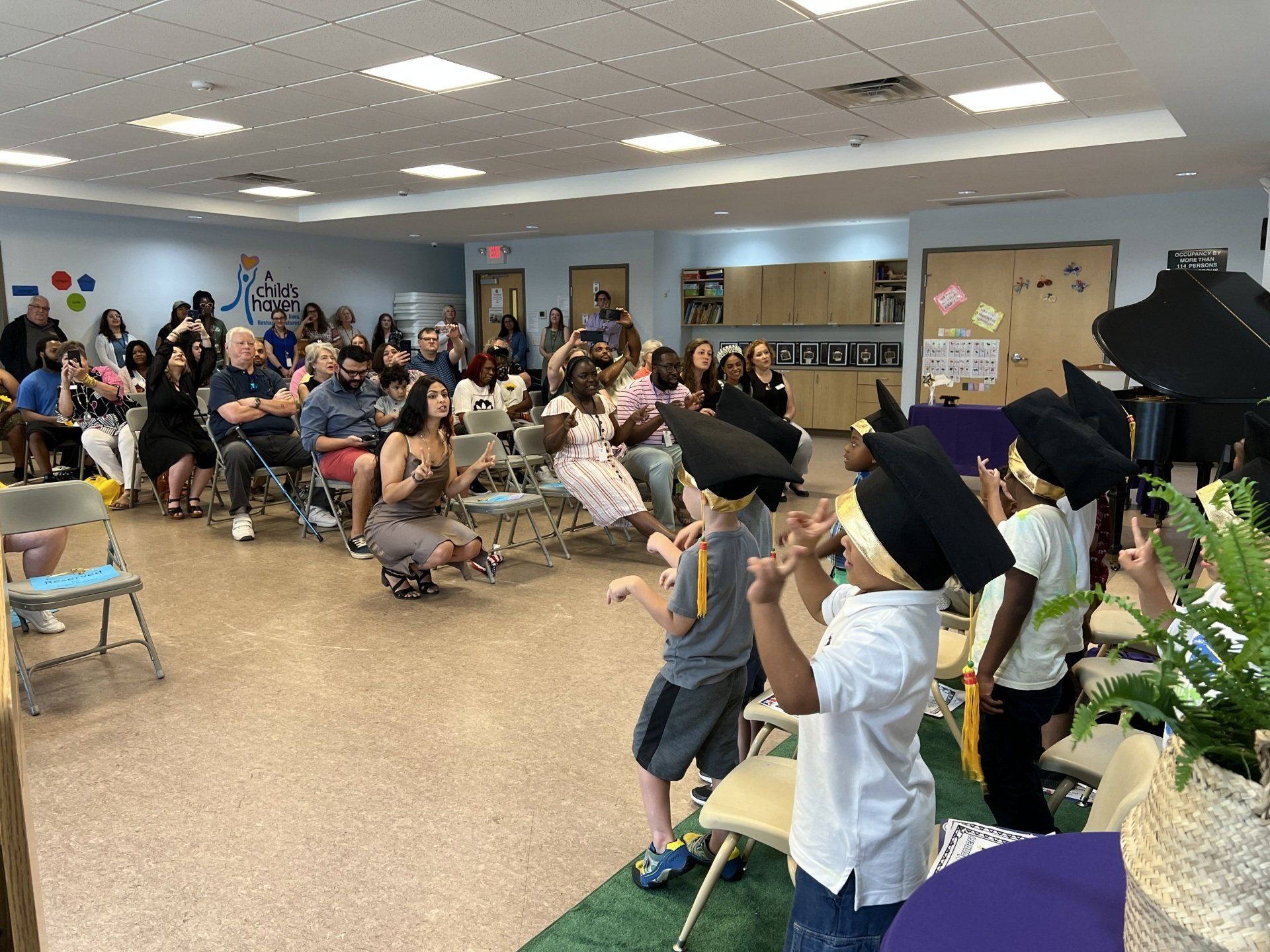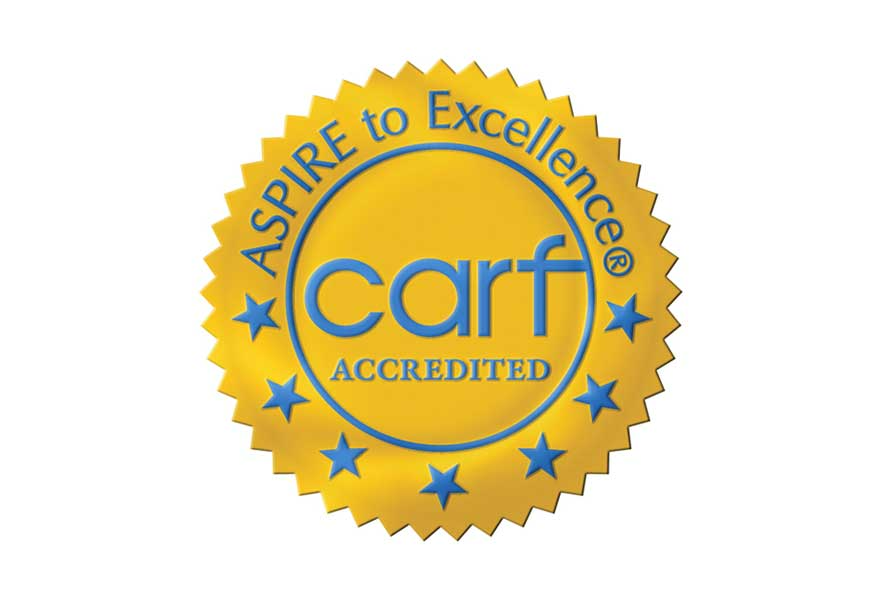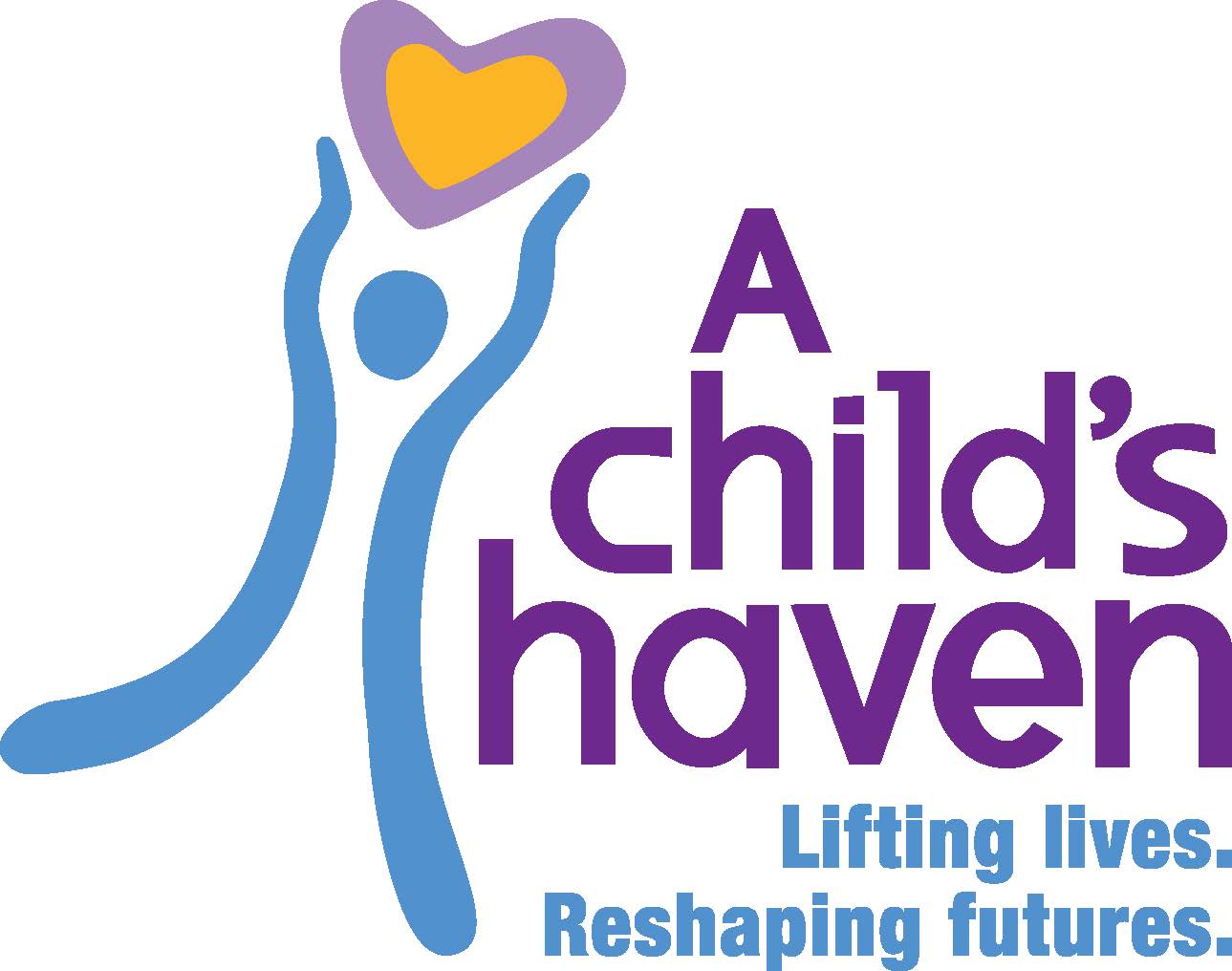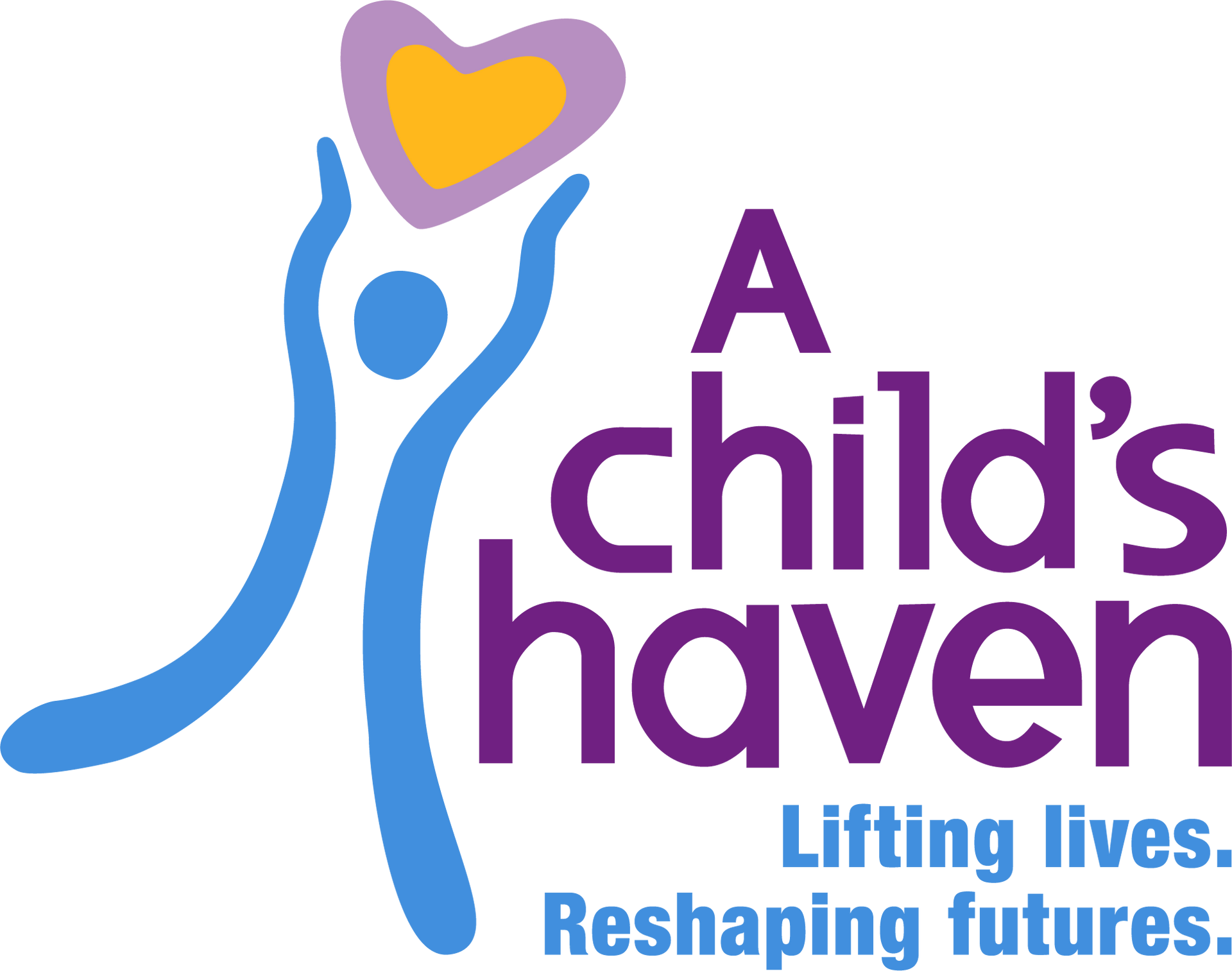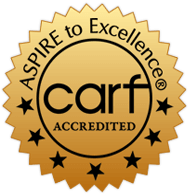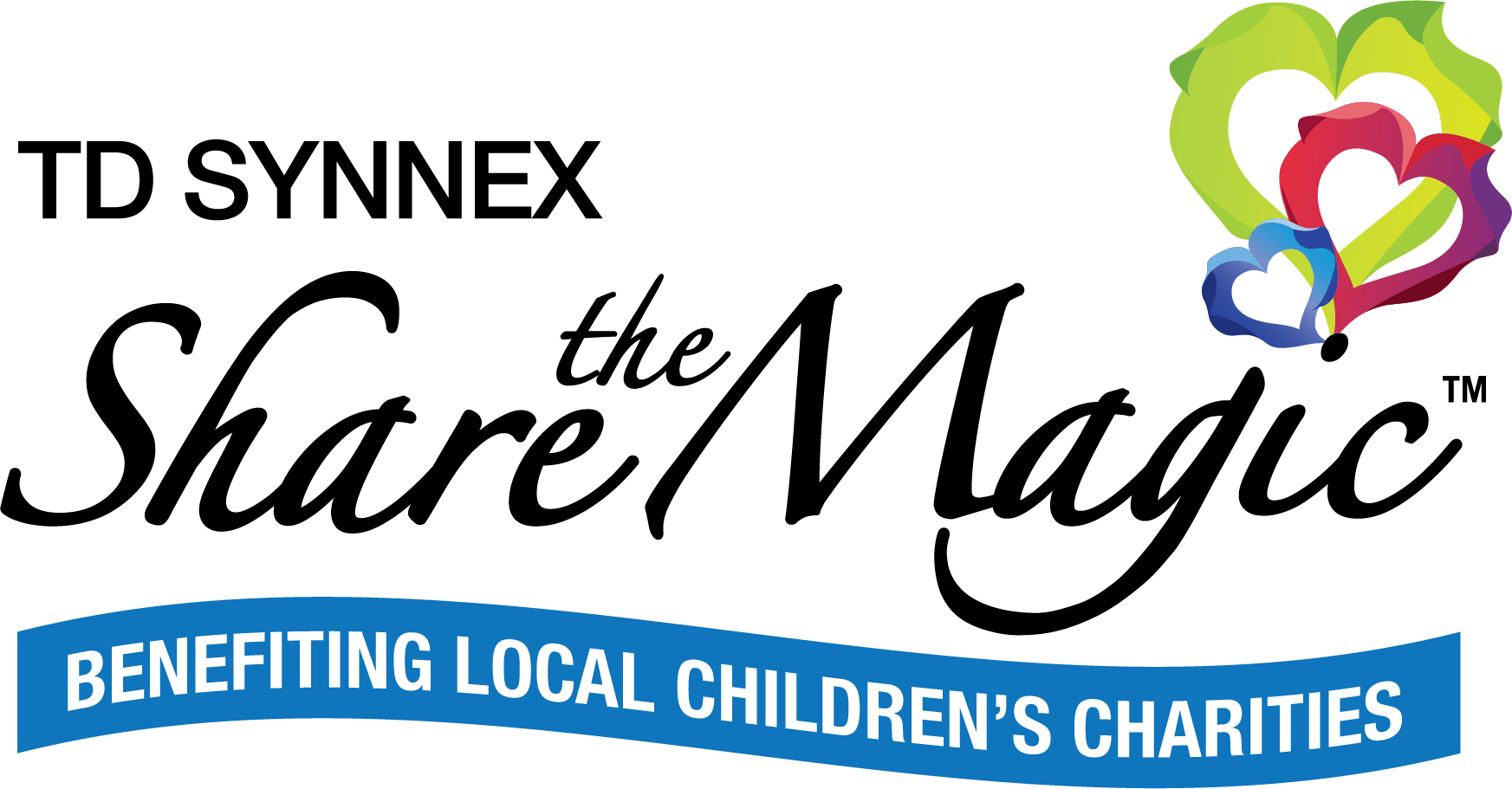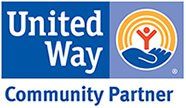Therapeutic Child Care: An Underused Tool in Family Preservation and Foster Care

FILED 2/ 16/ 2016
BY MARIE K. COHEN
We know that chronic abuse and neglect can interrupt a young child’s brain development and result in developmental delays and behavioral problems. We also know that early intervention can mitigate the consequences of early adversity. Yet we are investing almost nothing in early childhood programs to mitigate the effects of abuse and neglect for young children.
When an abused or neglected infant, toddler or preschooler is removed from home, he or she is often placed in child care for up to 12 hours a day within a day or two of being placed with a foster family. And, at least in the District of Columbia, all that is required is that the provider be licensed and available.
For children who are found to be abused or neglected but are kept at home, states are emphasizing therapy or parenting skills training for the parents. But rarely do they invest in early childhood programs designed to mitigate the past and ongoing effects of the adversity these children are experiencing.
Seattle’s Childhaven program is one of few programs that provide therapeutic child care for children who have experienced abuse or neglect. The program provides therapeutic day care for infants, toddlers and preschoolers who have experienced trauma. At the same time, it teaches parents the skills to break the cycle of child abuse and neglect.
A study of children who started at Childhaven between 1980 and 1982 found strong positive effects twelve years later. They were six times less likely to have committed a violent crime and two-and-a-half times less likely to use drugs. Moreover, they used 50 percent less public benefits.
Children are referred to Childhaven by child welfare services agencies, drug treatment services, public health, and welfare departments. Some are at risk of being removed from abusive or neglected homes; others have already been removed and are in foster care.
The children receive individualized, therapeutic care for six hours per day, including two healthy meals and a snack. Highly trained and experienced staff and low child-teacher ratios–3:1 for children up to two years of age and 5:1 for children aged three to five–means that staff can implement an individual treatment plan for each child.
The program achieves its therapeutic effect through consistency, structured routine, attentive listening, the opportunity for children to make their own choices, and clear limits and boundaries. Transportation is provided daily by the teachers—on a rotating basis— which allows daily check-ins with the parents.
“Childhaven is basically a trauma therapy center disguised as a day care facility, so children can have a happy, fun place to come,” Childhaven CEO Maria Wilcox told the Seattle Times.
Program staff work with parents and children together to coach parents in appropriate interactions with their children. This occurs at the center, where parents are encouraged to visit as often as they like, and where staff can model and coach parents in playing with their children. It also occurs during monthly home visits.
Childhaven offers periodic parent support group meetings to discuss issues of interest to parents. It also offers four different evidence-based parent skill-building programs for parents who are willing and able to participate.
It is easy to see why states are not investing in therapeutic child care programs. The average cost of Childhaven is $36,720 per child, per year. But remember that government money is already being spent on child care for children in foster care as well as children of low- income working mothers. And states are beginning to invest in pre-K for four-year-olds as well—money that could be funneled into therapeutic programs for children who need them.
Moreover, the cost of continuing to ignore this opportunity to help traumatized children before they enter school means continuing to incur future costs in terms of crime, drug abuse, mental illness, and public assistance.
I hope that private funders—including the new Blue Meridian Partners initiative recently covered by The Chronicle — will consider replicating this program including a randomized controlled trial to include a cost-benefit analysis. This approach may be expensive, but doing without will ultimately cost more.
ABOUT THE AUTHOR
Marie Cohen is a child advocate, researcher, and policy analyst. She worked as social worker in the District of Columbia’s child welfare system for five years. She is a member of the Citizen’s Review Committee for the DC Child and Family Services Agency and the DC Child Fatality Review Commission and a mentor to a foster youth. Follow her blog at fosteringreform.blogspot.org, on Facebook at Fostering Reform or on Twitter@fosteringreform.
The post Therapeutic Child Care: An Underused Tool in Family Preservation and Foster Care appeared first on A Child's Haven.
